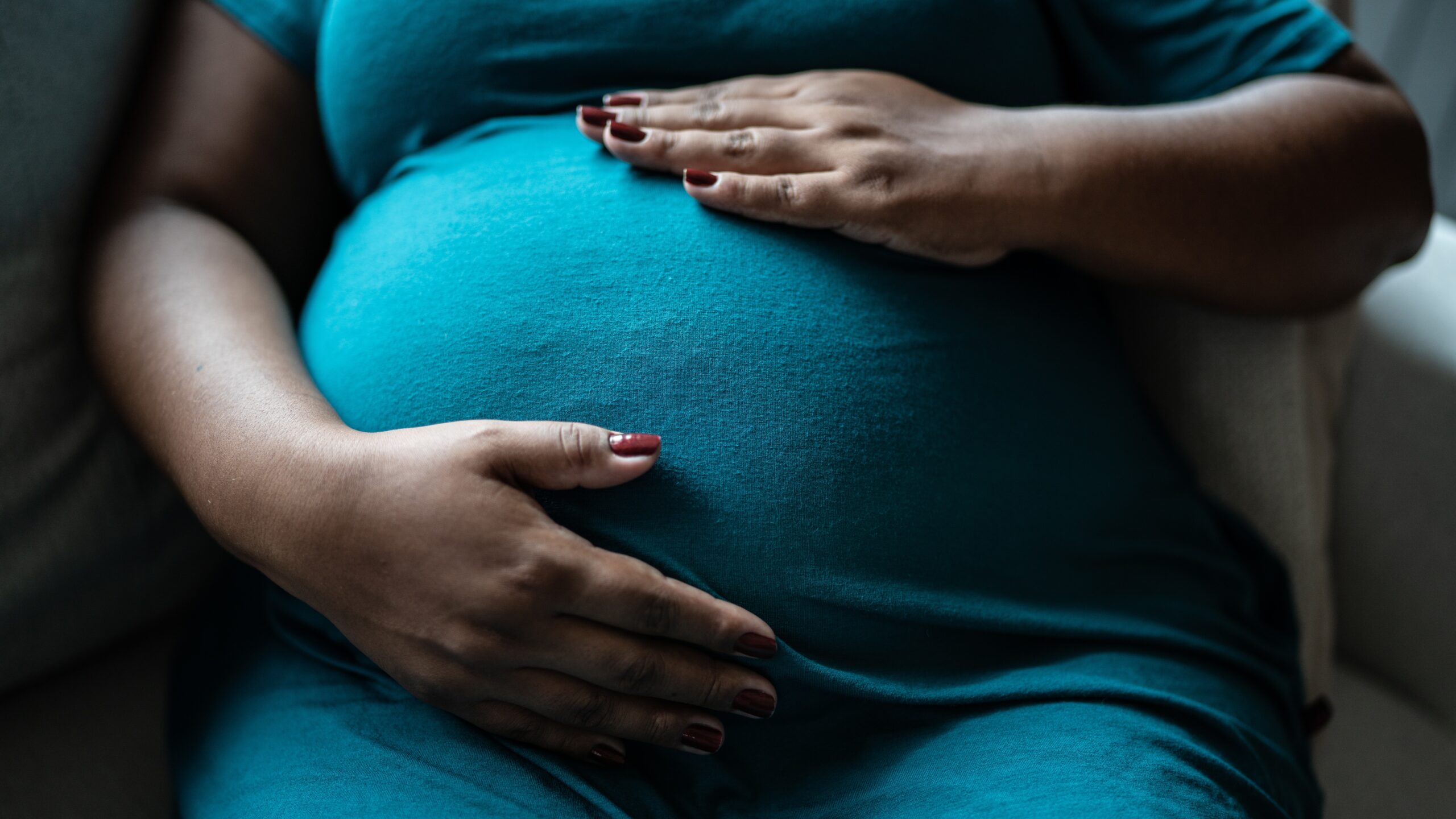
It goes without saying that artificial intelligence has recently become a larger factor in our day-to-day world. With apps such as ChatGPT and AI art generators, there seems to be no escaping AI's implementation into our everyday lives. And now, it may be used for a critically important task: to predict preterm births.
Researchers from Washington University in St. Louis, Missouri, have been looking into improving the odds of preterm births by using AI. Preterm birth is defined as a birth that occurs before the 37th week of pregnancy.

According to the Centers for Disease Control and Prevention, about 10% of infants in the US were preterm in 2021. Preterm birth also make up about 16% of infant deaths.
More from LittleThings: Military Mom Gets A Ride To Visit Premature Baby When Driver Stops Her At Hospital Doors

The researchers have developed a deep learning model that can predict preterm births by analyzing electrical activity in the woman’s uterus during pregnancy. They also tested the model in a study.
Arye Nehorai, PhD, professor of electrical engineering at Washington University in St. Louis, spoke to Fox News Digital. “The key takeaway is that it is possible to take data as early as the 31st week and predict preterm birth up to the 37th week," he said, sharing that this finding came as a surprise to researchers.

The findings also indicated that preterm birth is an abnormal physiological condition, not just an early-ended pregnancy. “The AI/learning automatically learned the most informative features from the data that are relevant to the prediction of preterm birth,” the professor stated.

The study looked at 159 pregnant women who were at least 26 weeks into their pregnancies. Researchers performed electrohysterograms on the abdomen to record electrical activity in the uterus.

The AI model was then trained on the data, which was combined with medical information including the woman’s age and weight, the fetal weight, and any bleeding experienced in the first or second trimester.

Roughly 19% of the women from the study delivered preterm. The researchers now believe that this should be implemented into hospitals and OB appointments as a regular part of the pregnancy check-up.




